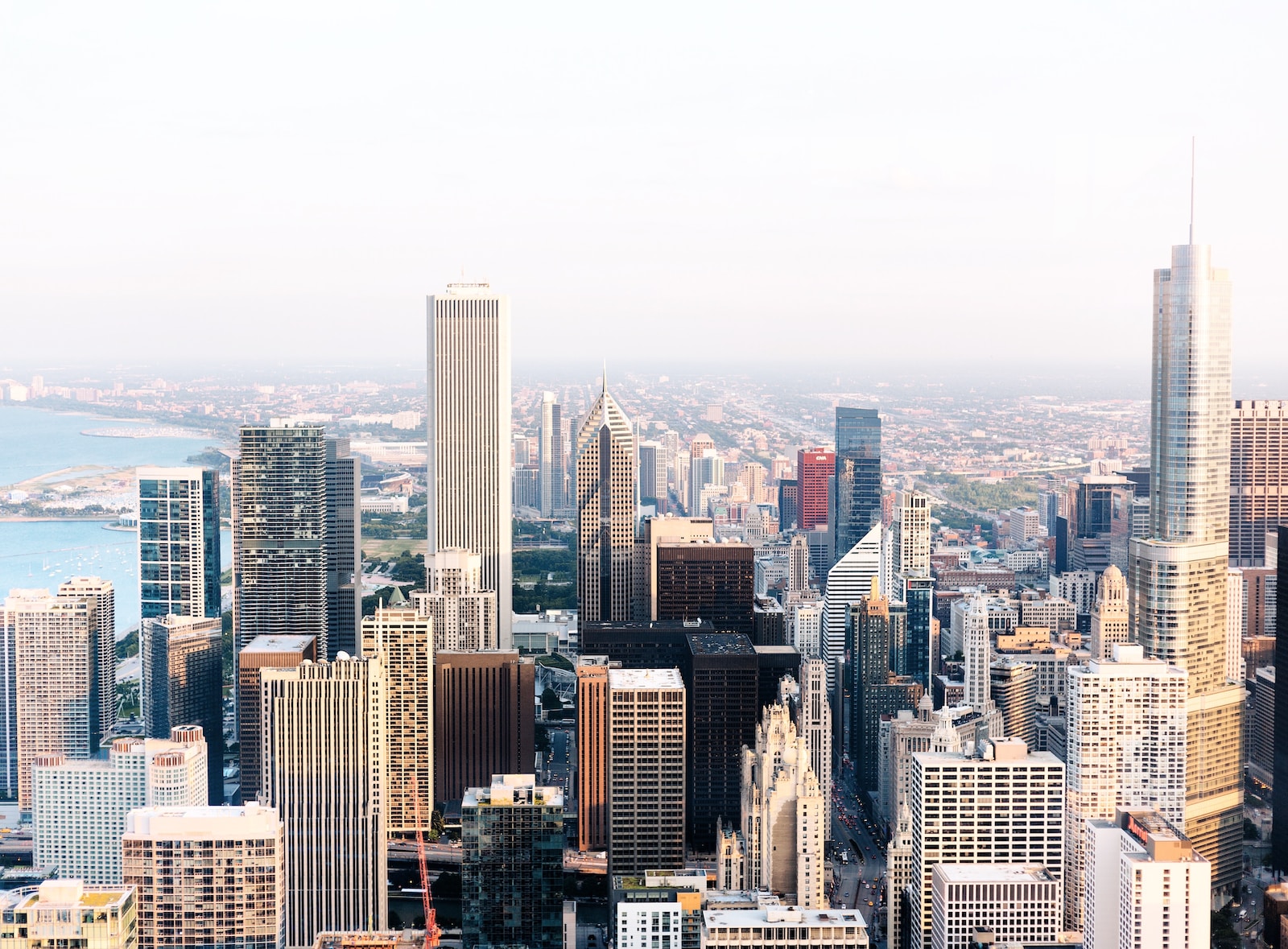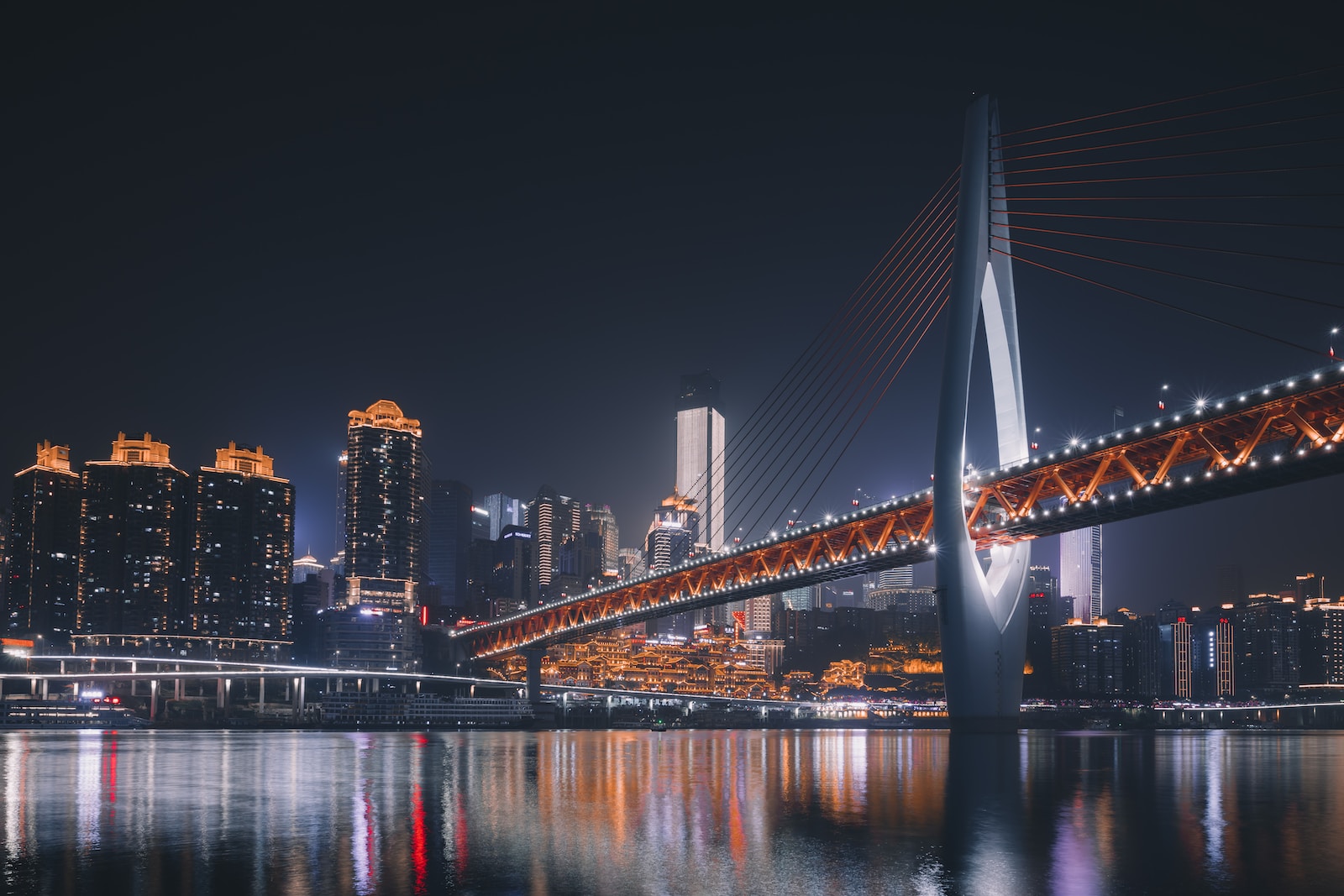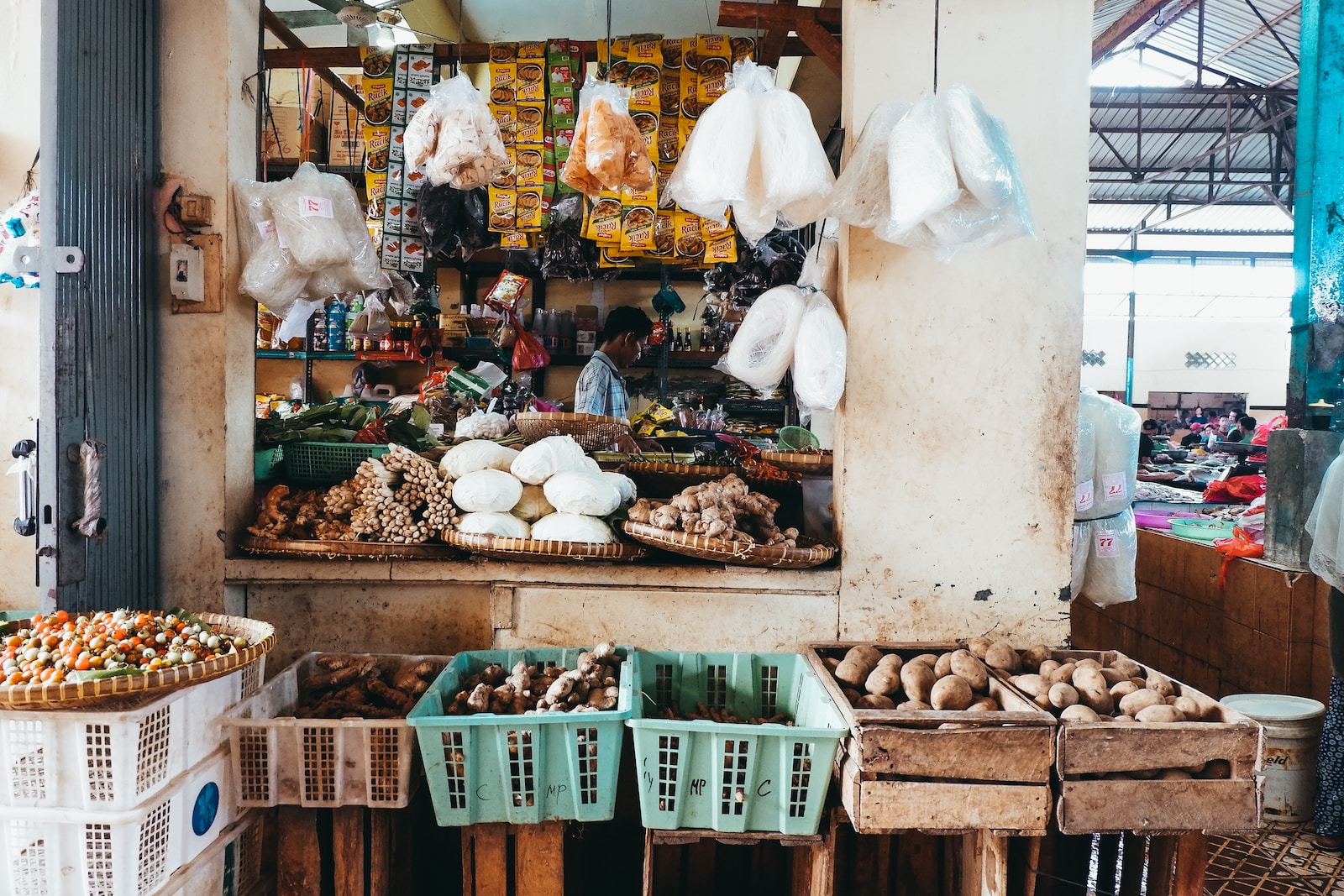Russia has finally made it into the WTO. It took about 19 years of negotiation. Quite how Putin will fare under the jurisdictive eyes of this global trade body we have yet to see, but his intentions are determined and Russia certainly offers an interesting export destination for British companies.
Russia joined the World Trade Organisation in August 2012.
For China, joining the WTO in 2001 was pivotal to its economic boom. Although Russia is unlikely to see the economic surge that benefited China it is set to see controlled and steady growth. Russia has a highly educated workforce, and as a key player in the BRICS it is eager to stimulate its economy through increased consumer spending, higher income and increased efficiency. European companies in particular could see strong revenue growth as Russia is lowering tariffs on foreign exports – crucially, European products can now be sold in Russia at cheaper prices, and the WTO will be keeping tabs. The Jackson-Vanik amendment which seriously restricted USA trade with Russia was abolished on the 20 December 2012, however its replacement with the Magnitsky Act has done nothing to smooth US-Russian trade relations putting Europe at a distinct trade advantage. Putin is finding it difficult to adhere to the rules of the WTO but even amidst this metaphorical stamping of supersized feet Russia is the EU’s third largest trading partner, and the UK’s fastest growing export market.
Russia is the 9th largest economy in the world.
Measured in 2011, in dollars this amounts to an output around US$2 trillion. In 2007 it was the 11th biggest. Wages are increasing, inflation is low, the lowest for 2 decades. Consumption in even low-income households is rising. In 2011 Russia’s public debt was less than 10% of GDP, European economies are seeing public debt exceeding 100% of GDP. Barriers are coming down to boost investment and productivity and Putin has pledged to take Russia from 112th on the World Bank list of “Ease of Doing Business” to 20th. He may have a long way to go, but at least the intention is there. Perceptions are being changed through dedicated incentives like “Russia Calling” a business PR forum (attended by Vladimir Putin, Arkady Dvorkovich, Dmitry Rogozin and many other high level ministers and business people) which acts as a gateway to doing business with Russia and is successfully facilitating the development of foreign economic and business relations. Russia undoubtedly offers some exciting investment opportunities.
Russia’s GDP grew by 4.2% in 2011, the world’s third highest growth rate among leading economies.
According to the World Bank, growth in Russia is going to pick up in 2013. While global recovery remains fragile, Russia is seeing continued and steady growth. Consumption growth is predicted to remain robust and Russia has a stable economic outlook although a drop in world oil prices triggered by an ongoing European economic slowdown could ultimately lower growth rates in Russia. On the other hand, oil supply disturbances in the Middle East have seen prices of oil rise for the first time since July 2008.This has spurred the stock market, lifted the ruble and improved business confidence in Russia.
Russia has not been seriously affected by the global financial crisis.
The World Bank has praised the Russian finance minister and the central bank for the way in which the authorities have responded to the market crisis. While the rest of the world sees excessive government borrowing, Russia remains liquid. Russia is well prepared for market upheaval with fiscal surplus, large FX and gold reserves, and a balanced budget policy.
Russia is the UK’s fastest growing major export market.
British exports to Russia have increased by about 43% from last year totaling approximately £5 billion. Defined by the UKTI as a high growth emerging market, Russia is now the UK’s 11th biggest export market, increasing faster than any other of the UK’s top 40 export markets. Russia is now a significant trading partner for British businesses with over 600 UK companies operating there. Plus, there are some exciting high value opportunities coming up including the 2014 Winter Olympics, the 2018 FIFA World Cup, the Skolkovo Innovation Hub, aka Russian Silicon Valley, Russia’s railways modernisation programme and Russia’s aspirations for Moscow to become an International Financial Centre.
Opportunities abound across industrial sectors.
Life sciences (a national strategy on drug procurement is set to enable UK pharmas to enter the Russian market), financial and professional services, oil and gas, mining, advanced engineering and manufacturing, retail and giftware (especially upper and luxury end of the market), food and drink. Russia’s imports range from machinery and transport equipment, to manufactured goods and food. Some three quarters of FDI stocks in Russia come from the EU.
For more information start here:
Russian Trade Mission
UK Trade & Investment
Russian trade mission aims for export boost
Skolkovo Innovation Centre: Global Science Park
Viktor Vekselberg
Russian Economic Report 27 April 2012
Interesting end note: The Magnitsky Bill passed through the UK press pretty much unnoticed, but Russia’s reaction to it did not. It is the reason behind Russia’s well publicised ban on US adoptions.







